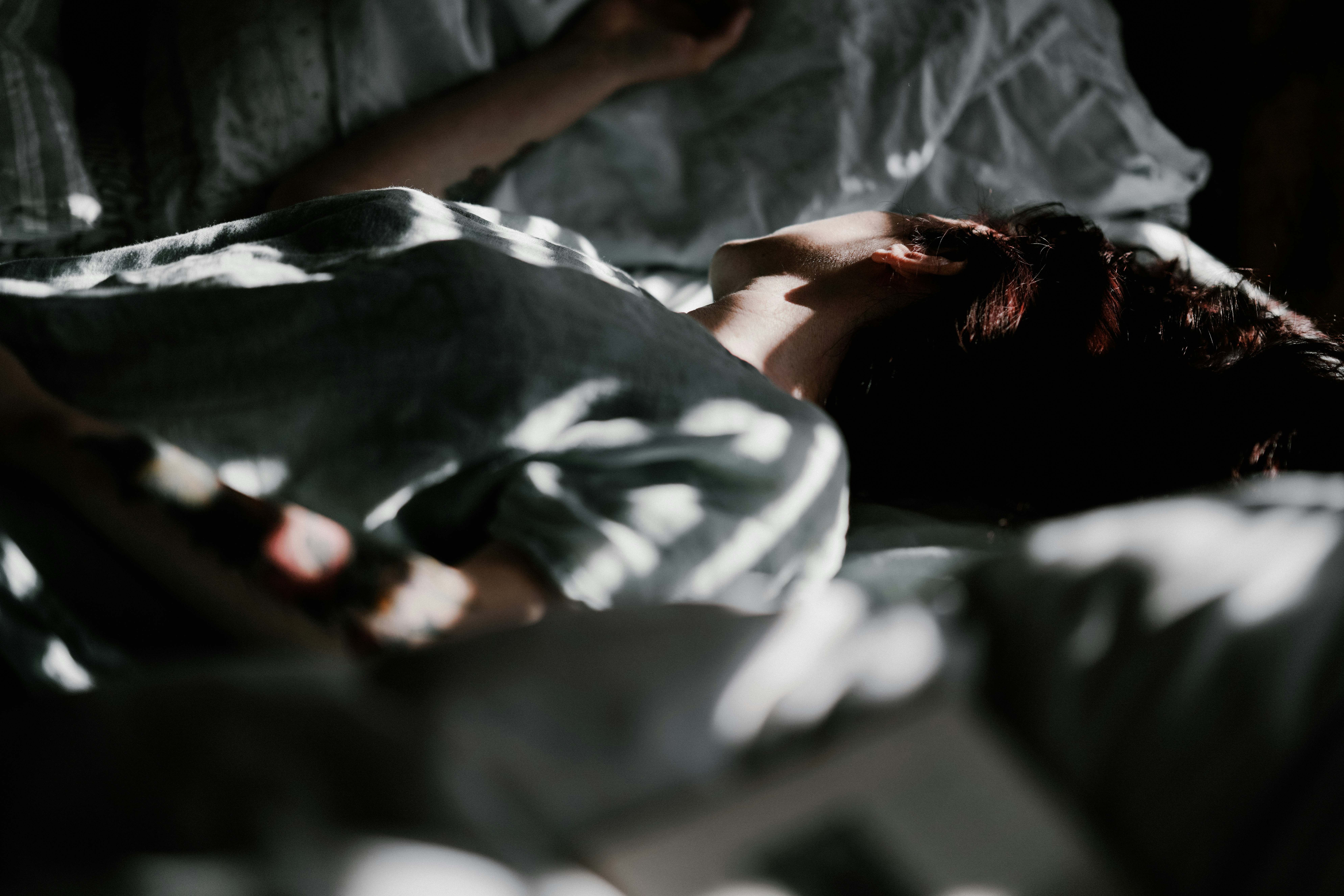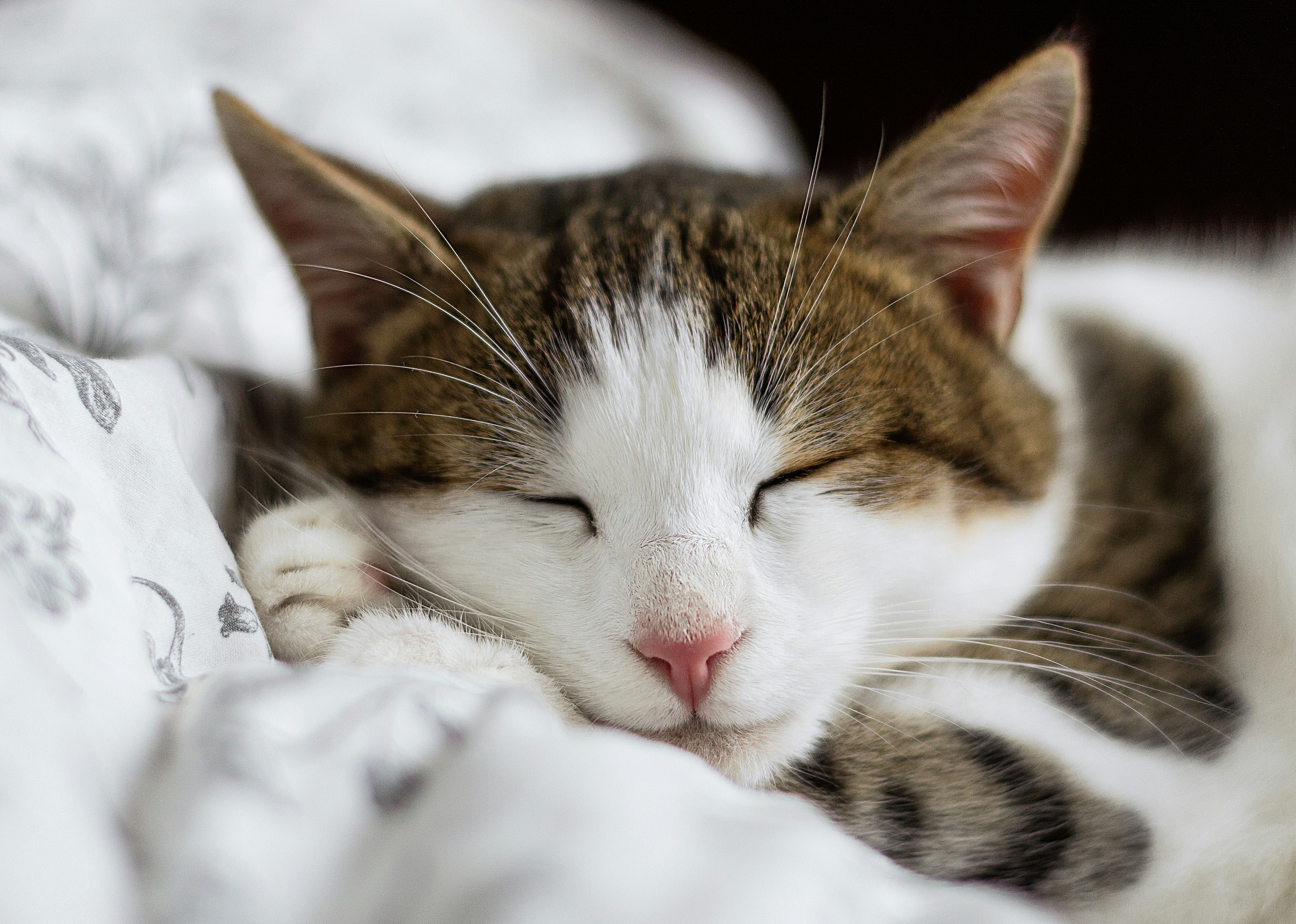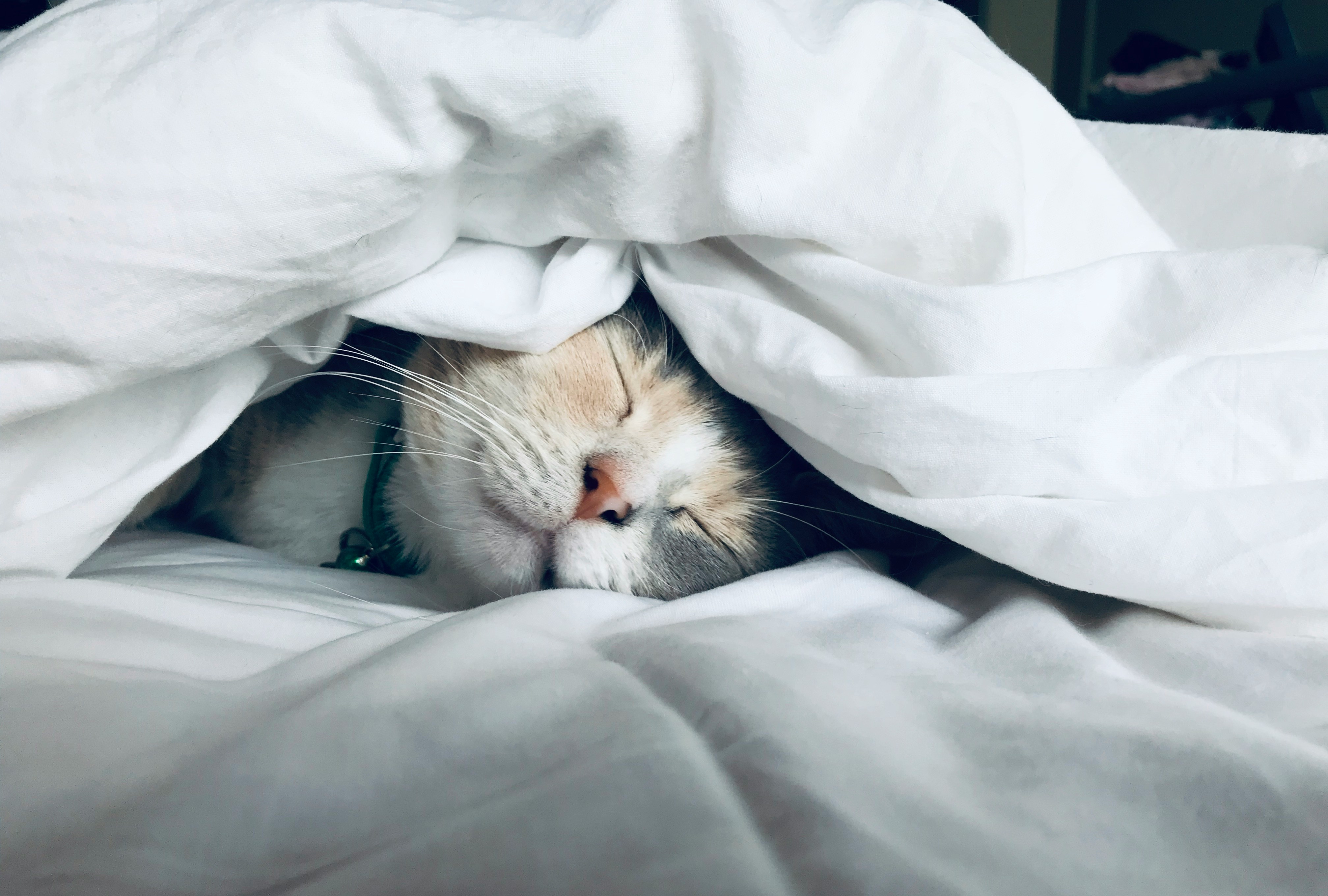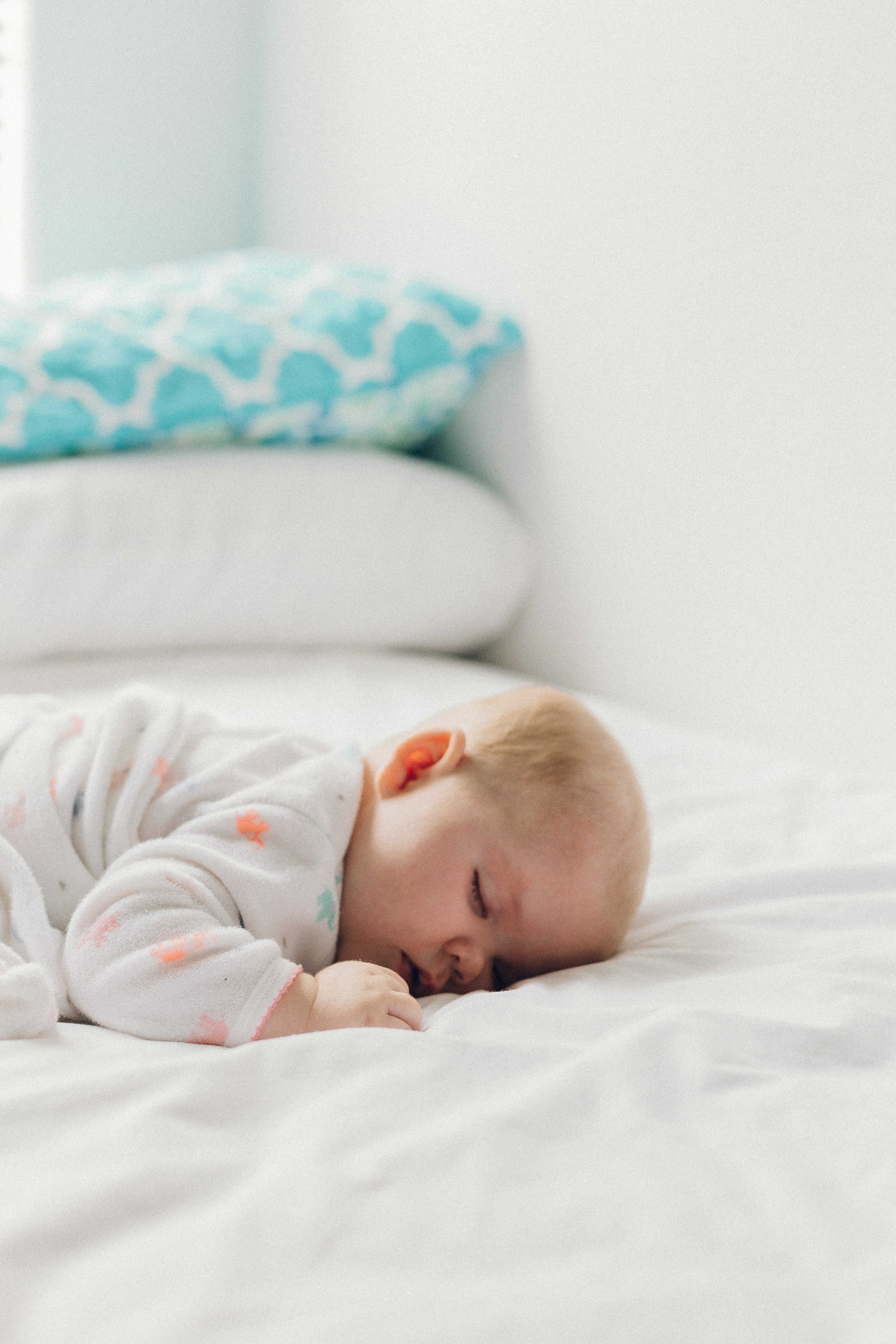Sleep vs. Caffeine: Who Wins the Battle of the Brain? ☕🧠💤
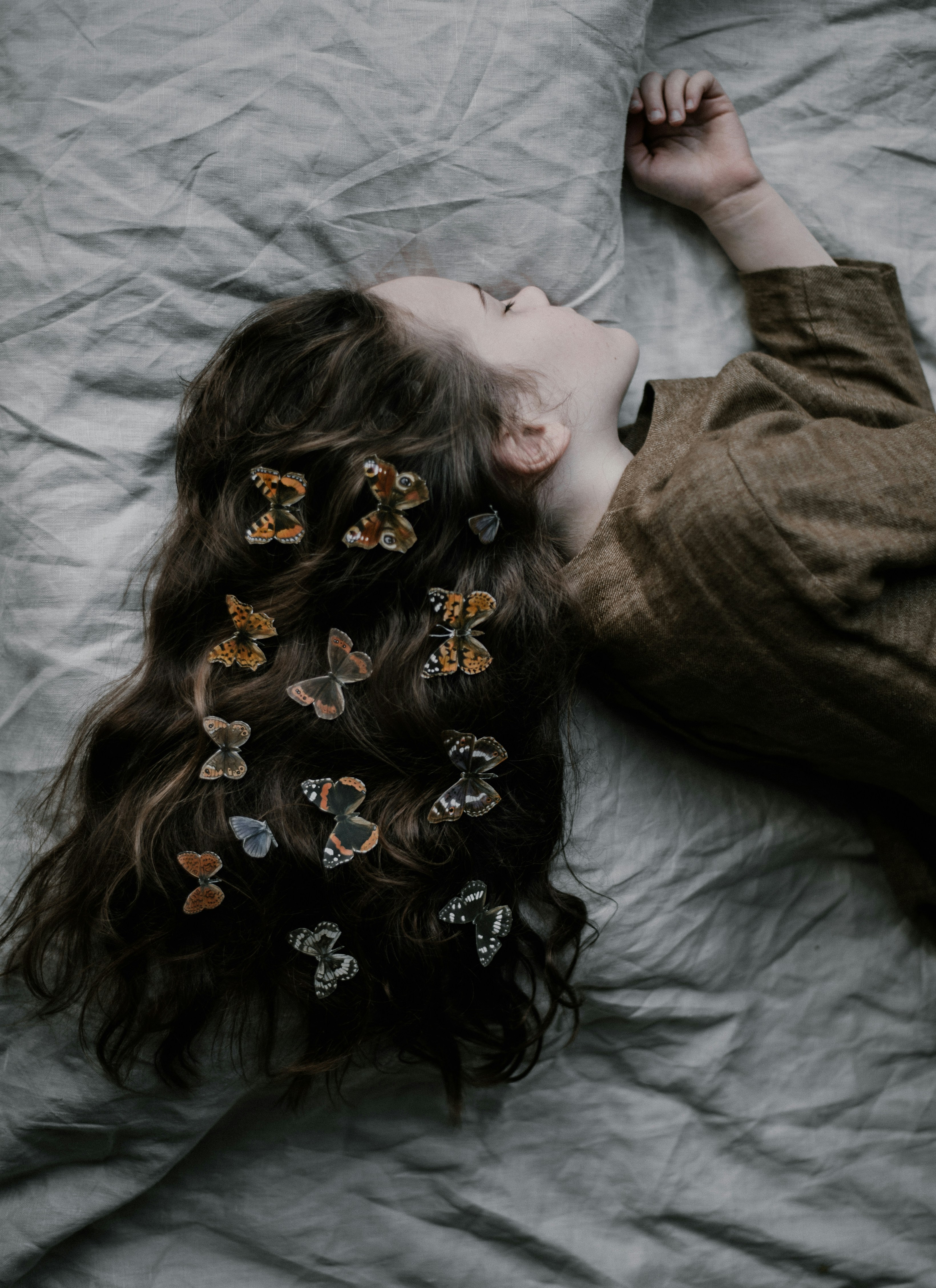
Introduction
It’s a rivalry as old as time... or at least as old as espresso.
On one side, we have Sleep — nature’s original mental reset button.
On the other, Caffeine — the jittery liquid cheerleader that screams, “Who needs rest when you can vibrate?!”
So what happens when these two go head-to-head in your brain?
Can caffeine really replace sleep?
Or is it just a highly-caffeinated band-aid on a sleep-deprived zombie?
Let’s pour ourselves a cup (of truth) and find out.
1. What Actually Happens When You’re Sleepy?
Sleepiness isn’t just “feeling tired” — it’s biological warfare waged by adenosine .
🧪 Adenosine: The Sleep Molecule
Throughout the day, your brain builds up adenosine. It’s like:
“Hey buddy, you’ve been awake a while. Maybe... I dunno... nap?”
When it reaches a certain level, your brain says “That’s it!” and triggers sleep mode.
2. Enter Caffeine: The Molecular Party Crasher
Caffeine doesn’t “give” you energy. Instead, it’s an adenosine imposter . It blocks the receptors that make you feel sleepy.
Imagine this:
- Adenosine: “Hey, let’s sleep.”
- Caffeine: “Haha, nope. I’m you now.”
So you feel alert , but the sleepiness hasn’t gone anywhere — it’s just waiting outside your brain’s club with fake ID.
Eventually, the caffeine wears off, the adenosine rushes back in, and… boom. Crash mode.
3. The Classic Mistake: Replacing Sleep With Caffeine
Spoiler alert: This doesn’t end well.
Short-term caffeine fix:
- Boosts alertness
- Improves focus
- Helps you pretend you’re a morning person
Long-term sleep loss:
- Slows reaction time
- Impairs memory
- Cripples immune function
- Turns you into a sentient coffee bean with anxiety
Caffeine ≠ sleep.
It’s like duct-taping a leaky faucet — works for now, but your basement’s still flooding.
4. When Caffeine Can Help (Without Causing Chaos)
Used strategically , caffeine can be your best brain buddy. Here's how to sip smart:
☀️ Morning > Night
Caffeine has a half-life of about 5-6 hours. So that 4 p.m. latte? Still partying in your system at bedtime.
☕ Timing is everything
Best time to consume caffeine:
90–120 minutes after waking.
That’s when your natural cortisol (alertness hormone) dips a bit. No need to drink coffee before your body’s even booted up.
🎯 Match the dose to the mission
Need laser focus for a task? 100–200mg is great.
Need to run a marathon while solving calculus? Okay, maybe slightly more.
But more isn’t always better. Overdo it, and you’ll:
- Get jittery
- Sweat through your t-shirt
- Question the meaning of existence at 3 a.m.
5. The Sleep Debt Trap: One Cup Becomes Five
Caffeine masks fatigue. So when you're tired, you drink coffee. Then you sleep worse. Then you're more tired. So you drink more coffee...
Cue the vicious espresso cycle .
Breaking it requires:
- Better sleep hygiene (regular bedtime, screens off, no doomscrolling)
- Cutting caffeine at least 6 hours before bed
- Maybe a tiny existential crisis (optional)
6. What Happens If You Just... Sleep Instead?
Actual sleep benefits:
- Restores memory
- Rebuilds tissue
- Balances hormones
- Improves decision-making
- Makes you 87% less likely to yell at your barista
Caffeine can’t do any of that. It’s like putting on makeup instead of washing your face.
Sleep is the software update.
Caffeine is just Airplane Mode.
Conclusion
In the ultimate battle of Sleep vs. Caffeine , the winner is...
Sleep. Every time.
Caffeine is powerful — but it’s a temporary patch, not a permanent solution. It’s great for a boost, a deadline, or surviving your third Zoom call in a row. But it’s not a substitute for good ol’ shut-eye.
So next time you’re about to brew your fourth cup at midnight, ask yourself:
“Do I need coffee, or do I just need a nap and a hug?”
(Answer: probably both.)
TL;DR
- Sleepiness = adenosine buildup.
- Caffeine blocks adenosine, doesn’t remove it.
- Use caffeine smartly — not constantly.
- Sleep is the real MVP.
- You are not a coffee robot. Probably.

